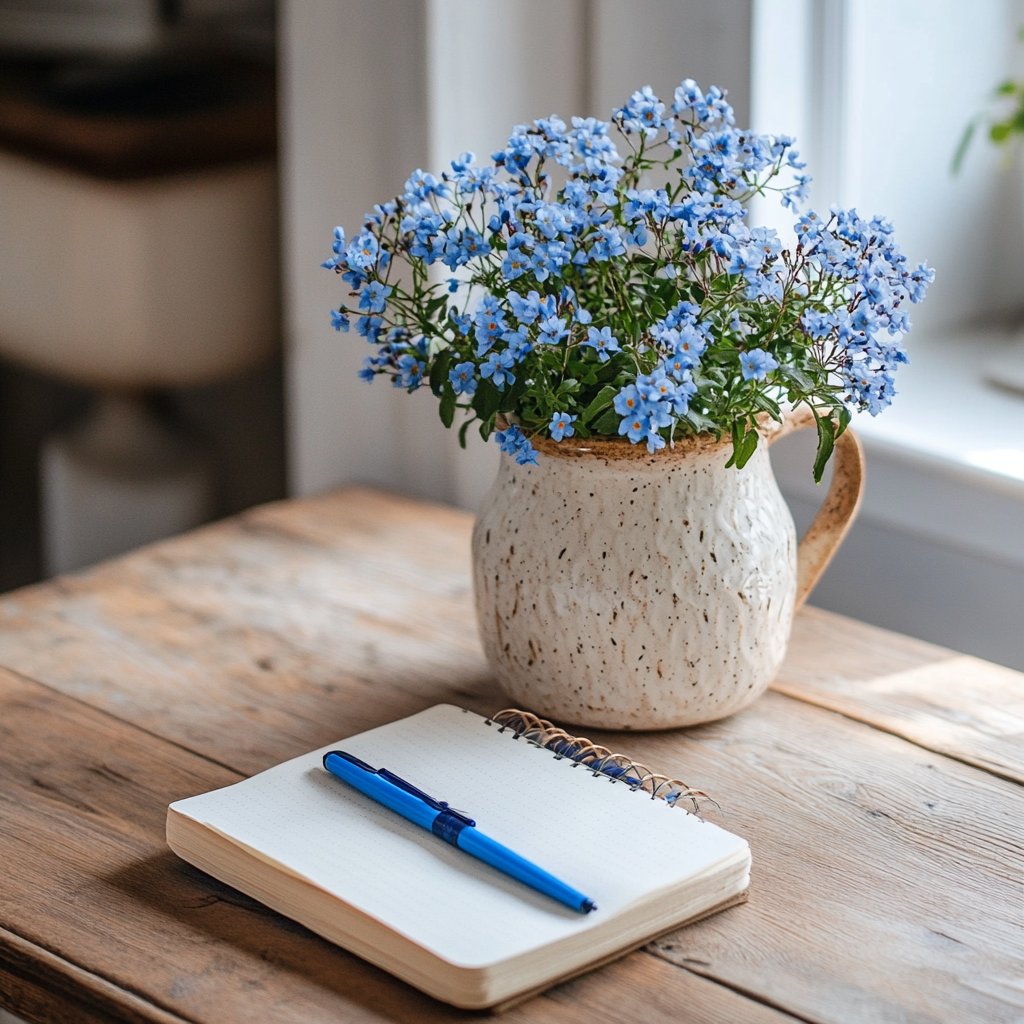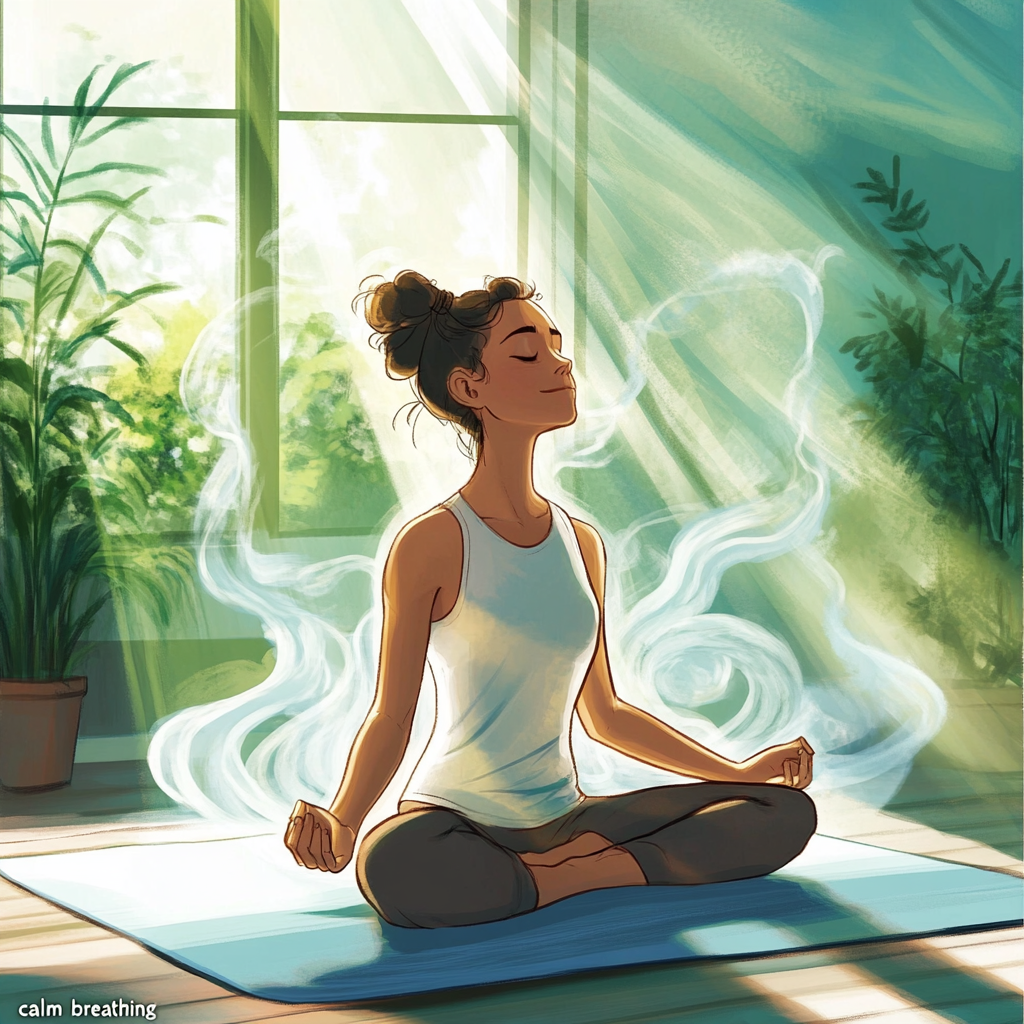Simplify Your Life: Creating a Calm Haven Amid Chaos
Picture this: The world outside feels like a storm, chaotic and unpredictable. But within your space, calm prevails. A tidy desk glows under soft candlelight, inviting quiet reflection. A journal lies open, ready to capture your thoughts, while the gentle hum of stillness fills the air.
This is simplicity in action. It’s the deliberate choice to create a sanctuary amid life’s turbulence. Research consistently shows that small, intentional practices can lead to profound shifts in mental well-being and resilience. Let’s explore how simplifying your life, focusing your energy, and nurturing growth can bring clarity and strength during challenging times.

Simplify: Finding Calm Amid Chaos
Simplicity is more than decluttering physical spaces. It’s about lightening emotional and mental loads to create room for what truly matters. In moments of overwhelm, simplicity offers a retreat to peace and clarity.
Declutter One Small Area
Start small. Choose a single space, your desk, a drawer, or a corner of your room. Imagine opening a drawer to find neatly arranged essentials: a smooth-writing pen, a ready notebook, and a sense of relief instead of frustration.
Research Insight: A 2011 study published in the Personality and Social Psychology Bulletin linked cluttered spaces to higher cortisol levels, the stress hormone.
Streamline Your Commitments
Examine your obligations. Write them down and ask: “Which ones align with my values? Which ones drain my energy?” Letting go of non-essential commitments can feel like finally exhaling after holding your breath for too long.
Detox from Digital Overload
Set boundaries around screen time. Establish “no-phone” hours and replace notifications with moments of quiet or meaningful activities. Even an hour away from screens can feel like a deep breath for your mind.
Research Insight: A 2020 study in Cyberpsychology, Behavior, and Social Networking found that reducing screen time correlates with lower stress and better sleep quality.
Focus: Anchoring in Your Values
When the world feels unsteady, focusing on your core values provides stability and direction. Your values act as a compass, guiding you through uncertainty with clarity and purpose.
Define Your Priorities
Identify your top three values. Anchoring yourself in these priorities offers a sense of solidity amid life’s shifting winds.
Research Insight: Studies in the Journal of Personality and Social Psychology show that aligning actions with personal values enhances resilience.
Create a Grounding Ritual
Establish simple rituals that center you. A quiet morning with tea, a few lines in your journal, or a mindful stretch can set a calm, intentional tone for your day.
Break Goals into Steps
Big goals can feel overwhelming, like standing at the base of a towering mountain. Break them into smaller, manageable steps to transform the climb into achievable milestones.
Flourish: Growing Through Uncertainty
Flourishing means more than enduring the storm. It’s about learning to grow and thrive in its midst. Challenges can uncover hidden strengths, opening doors to transformation.
Build Strong Connections
Relationships are essential for resilience. Reflect on the last time a heartfelt conversation lightened your spirit. A kind word, a shared laugh, or a simple check-in can create profound connection.
Research Insight: A 2022 review in the Journal of Happiness Studies identified strong social connections as a key predictor of life satisfaction.
Embrace Curiosity
Let uncertainty spark exploration. Try a new hobby, dive into a book, or learn a skill you’ve always been curious about. Curiosity nurtures adaptability and mental flexibility.
Celebrate Small Wins
Recognize even the smallest accomplishments. Folding laundry, completing a walk, or taking the first step toward a goal reminds you of your progress and potential.
Your Journey Forward
The world will continue to shift, storms will come and go, and seasons will change. But within you lies the power to create calm, find focus, and flourish. Start today by clearing a corner of your space or defining one value that matters most.
When the storm swirls, remember this truth: You are the calm within it.
Explore more actionable insights at everydayintentionhq.com. Together, we can simplify, focus, and flourish.




